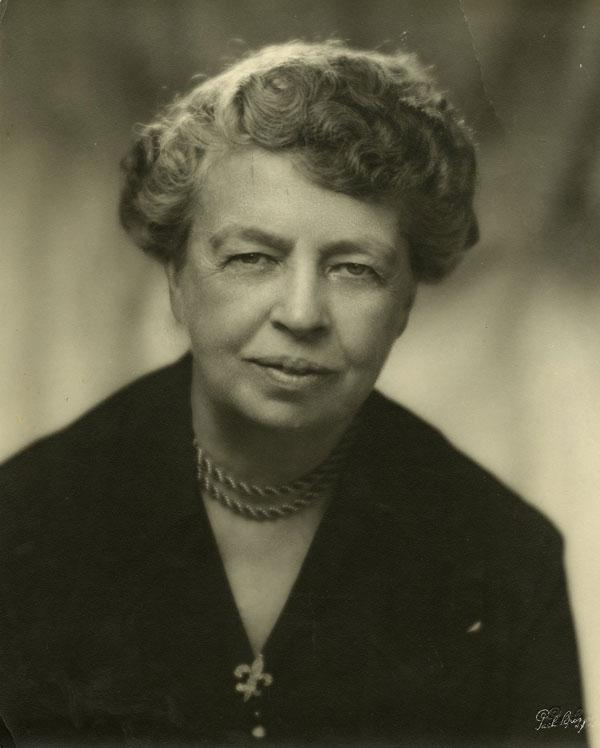
This episode is from the WNYC archives. It may contain language which is no longer politically or socially appropriate.
This is the first of a program series aired by leading New York City radio stations, including WNYC, aimed at fighting racial prejudice.
Southern Aires Quartet singing "I've Been duped and I've Been Scorned".
Mayor La Guardia introduces Eleanor Roosevelt. Mrs. Roosevelt talks about New York City being her city, that she was born here and raised here. She describes various sites and favorite spots of the city. Despite its ills she says, she loves the city. Mrs. Roosevelt congratulates La Guardia for his work in New York and protecting those who can't protect themselves. She notes New York's great immigrant past, calling it the great polyglot city. She also emphasizes the importance of freedom of religion.
"We will have bad people among us, but they will not be all white or black or all gentile or all Jew. There will be fewer bad people as justice and economic and educational opportunities are open to all."
Writing in The Life of Langston Hughes, Vol. 2, Arnold Rampersad provided this context for the program series:
"…But even more distracting that summer was the rising tension between the races in New York, which itself reflected a nationwide unrest, garish against the backdrop of world war, as blacks and whites clashed over Jim Crow. On July 1, Fiorello La Guardia, the Mayor of New York, had written to [Langston] Hughes to ask his help in developing a series of radio programs, 'Unity at Home-Victory Abroad,'* (which would show 'what New York is, how it came into its present being, and why there is no reason that the peace and neighborliness that does exist should ever be disturbed.' The Writers' War Board also wrote Hughes in support of the mayor's campaign, seeking programs that would stress unity, 'so that there will be no danger of race riots in New York.' He agreed to help the mayor and the Board…"
*The Unity At Home-Victory Abroad series aired between August 15th and September 11th of 1943. Seven other New York radio stations took part, and we know that WNYC broadcast, at least, three, (if not more), of the eleven programs.
Audio courtesy of the NYC Municipal Archives WNYC Collection
WNYC archives id: 8444
Municipal archives id: LT4017
